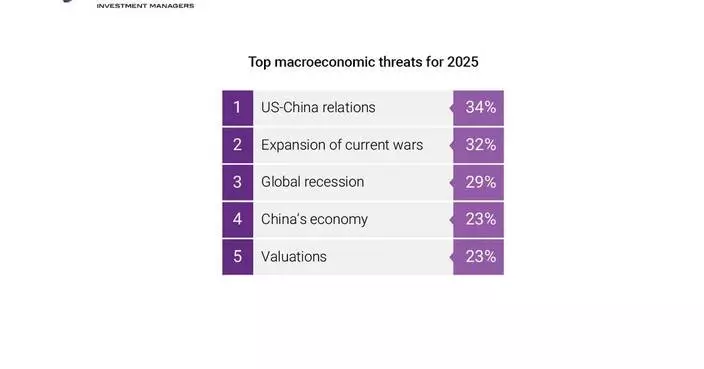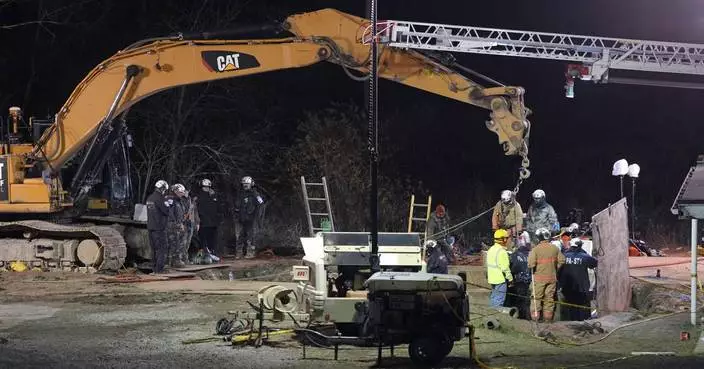BOSTON--(BUSINESS WIRE)--Dec 4, 2024--
ezCater, the #1 food tech platform for workplaces in the US, today announced a new partnership with Crumbl, the nation’s fastest-growing dessert company. Workplaces across the country can now order Crumbl’s fan-favorite cookies on ezcater.com and the ezCater app for meetings, celebrations, and everyday moments at work.
This press release features multimedia. View the full release here: https://www.businesswire.com/news/home/20241204694743/en/
A recent ezCater survey found that 76% of US workers enjoy small treats during work at least once a week and 30% indulge daily, with cookies as one of their top three treats. With ezCater's nationwide reach, Crumbl franchisees can now reach more high-value customers and further capitalize on the demand for treats in the workplace.
“Joining forces with ezCater will not only satisfy the cravings of workplaces but also give our franchisees new sales opportunities within their local communities,” said Grace Chadwick, Chief Operating Officer, Crumbl. “This partnership presents a tremendous opportunity for Crumbl to diversify and expand our off-premise channel by bringing our iconic cookies to new business customers everywhere."
Crumbl franchisees will have access to ezCater’s Catering Growth Platform, which is designed to help restaurants get valuable, incremental catering orders and manage their catering operations. The platform combines online ordering and catering management software with reliable delivery solutions and award-winning customer service.
“We know that Crumbl’s iconic pink box of cookies will be a hit in workplaces. In fact, in our recent survey, workers told us that cookies are one of their top 3 treats at work,” said Kaushik Subramanian, Chief Revenue Officer, ezCater. “We're excited to help this fan-favorite brand scale their catering operations, and reach workplace customers across the US.”
ezCater is making it easy this holiday season for customers to find holiday specials and gift items from popular restaurants for their workplace gatherings. Visit ezCater.com to place an order.
About ezCater
ezCater is the #1 food tech platform for workplaces in the US. The company makes it easy for any organization to manage its food needs and order from over 100,000 restaurants nationwide. For workplaces, ezCater provides flexible and scalable solutions for everything from recurring employee meals to one-off meetings, all backed by beyond helpful 24/7 service and business-grade reliability. For restaurant partners, ezCater helps grow their business by bringing them more orders and new high-value customers. To learn more, visit www.ezcater.com.
About Crumbl Cookies
Crumbl is a popular dessert franchise with a mission to bring friends and family together over the best desserts in the world. Crumbl was founded in 2017 by Jason McGowan and Sawyer Hemsley in Logan, Utah. In just over six years, Crumbl has grown from a humble cookie shop to the fastest-growing dessert chain in the US, with over 1,000 locations across all 50 states, Canada and Puerto Rico. The rotating menu offers new flavors every week while regularly bringing back crowd favorites and unique original recipes, all served in Crumbl’s iconic Pink Box. Don’t miss the weekly menu drops posted every Sunday at 6 pm MST on Crumbl’s social media accounts. Visit Crumbl online at crumbl.com, on social media (@crumbl), or at any nationwide location.


Crumbl’s fan-favorite cookies are now available on ezcater.com and the ezCater app. (Photo: Business Wire)
The Supreme Court is set to hear arguments on Wednesday in just its second major transgender rights case, a challenge to a Tennessee law that bans gender-affirming care for minors.
The nation’s top court will be weighing whether Tennessee’s law violates the equal protection clause of the 14th Amendment, requiring that people in similar circumstances be treated the same under the law. Both sides in the case claim they are acting to protect minors from harm.
At least 26 states have adopted laws restricting or banning such care for minors, and most of those states face lawsuits.
Here's the latest:
Multiple bills related to transgender youth have already been filed in Texas’ legislature ahead of its session next year.
The proposals include a bill that would make it easier to sue providers of gender-affirming medical care for children.
Other bills include restrictions on which public restrooms transgender people can use, and limits on how topics related to sexual orientation and gender identity are taught in schools.
At least 26 states have adopted laws banning gender-affirming medical care for transgender minors. Federal judges in Arkansas and Florida have struck down the bans in those states as unconstitutional, though an appeals court has put the Florida ruling on hold. The ban in New Hampshire is to take effect on Jan. 1.
Several Democratic-controlled states have policies seeking to protect access to gender-affirming care.
Additionally, at least 24 states have bans barring transgender women and girls from competing in certain women’s and girls’ sports competitions. And at least 11 have laws barring transgender women and girls from using girls’ and women’s bathrooms at public schools — and in some cases, in other government facilities.
Most laws are reviewed and upheld under the lowest level of scrutiny, known as rational basis review. Indeed, the federal appeals court in Cincinnati that allowed the Tennessee law to be enforced held that lawmakers acted rationally in adopting the law to address the risks they perceived in gender-affirming care for minors.
But when discrimination is present, judges take a closer look.
Sex discrimination gets heightened scrutiny, which requires states to identify an important objective and show that the law helps accomplish it. Racial discrimination, not at issue here, is reviewed under strict scrutiny — the highest level — and laws rarely survive such a demanding examination.
Roberts and Gorsuch joined the court’s liberal justices in the 2020 workplace discrimination case won by LGBTQ+ plaintiffs. Three conservative justices, Samuel Alito, Brett Kavanaugh and Clarence Thomas, dissented.
If the parties challenging the Tennessee law hope to win, they need at least two conservative justices on their side, along with the three liberal members of the court. Barrett has no track record on transgender issues, although she votes with the other conservatives in most of the high-profile cases.
The Supreme Court almost always issues its decisions by early summer, usually before the end of June. The transgender health case could be one of the last cases decided, which is typical of highly contentious issues. One additional potential cause for delay is the Trump administration could weigh in soon after he takes office. It’s not clear how that might affect the case.
Chase Strangio will be the first openly transgender attorney to argue before the nation’s highest court, representing families who say Tennessee’s ban on health care for transgender minors leaves their children terrified about the future.
Strangio will bring months of intense legal preparation to the case as well as hard-won lessons from his own experience.
“I am able to do my job because I have had this health care that transformed and, frankly, saved my life,” he said. “I am a testament to the fact that we live among everyone.”
Strangio grew up outside of Boston and came out as trans when he was in law school. Now 42, he’s an American Civil Liberties Union attorney whose legal career has included representing former Army intelligence analyst Chelsea Manning, challenging a ban on transgender people serving in the military and helping win an LGBTQ+ worker-discrimination case at the Supreme Court. He’s also the father of a 12-year-old, the son of a father who supports Trump, and has a close relationship with his Army veteran brother.
▶ Read more about Strangio and his history as a transgender advocate
The Supreme Court’s only other major case on transgender rights was in 2020 when the court ruled that workplace discrimination against LGBTQ+ people was sex discrimination in violation of the federal civil rights law commonly known as Title VII.
The court concluded in separate cases involving a gay man and a transgender woman that they were discriminated against because of their sex. Justice Neil Gorsuch, an appointee of Donald Trump’s in his first term in the White House, wrote the 6-3 opinion for the court. Chief Justice John Roberts was the only other conservative member of the court in the majority.
The nation’s top court will be weighing whether Tennessee’s law violates the equal protection clause of the 14th Amendment, requiring that people in similar circumstances be treated the same under the law. Both sides in the case claim they are acting to protect minors from harm.
Transgender attorney Chase Strangio will represent families who say Tennessee’s ban leaves them terrified for the future and that access to this kind of care is life-saving.
Tennessee, meanwhile, will argue before the Supreme Court that treatments like puberty blockers and hormones carry risks for young people and its law protects them from making treatment decisions prematurely.
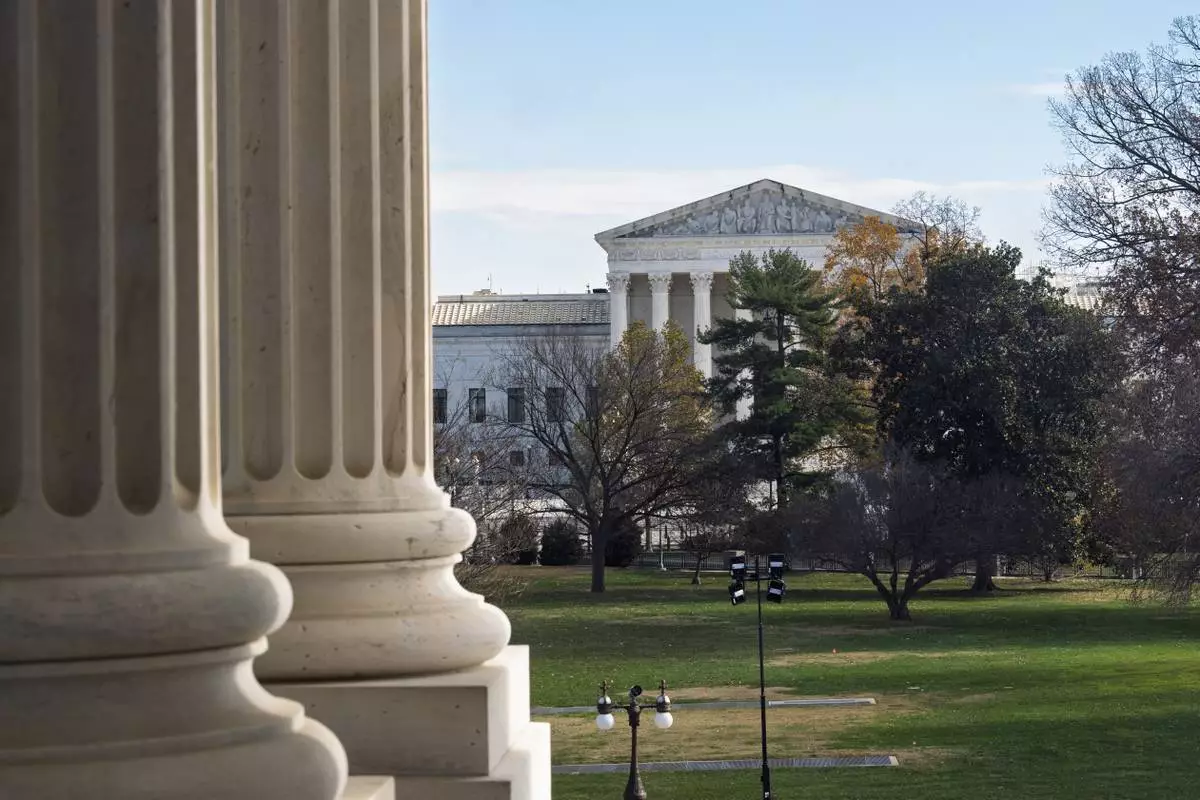
The Supreme Court is framed by the columns of the Capitol in Washington, Tuesday, Dec. 3, 2024. T (AP Photo/J. Scott Applewhite)

FILE - Advocates gather for a rally at the state Capitol complex in Nashville, Tenn., to oppose a series of bills that target the LGBTQ community, Feb. 14, 2023. (AP Photo/Jonathan Mattise, File)
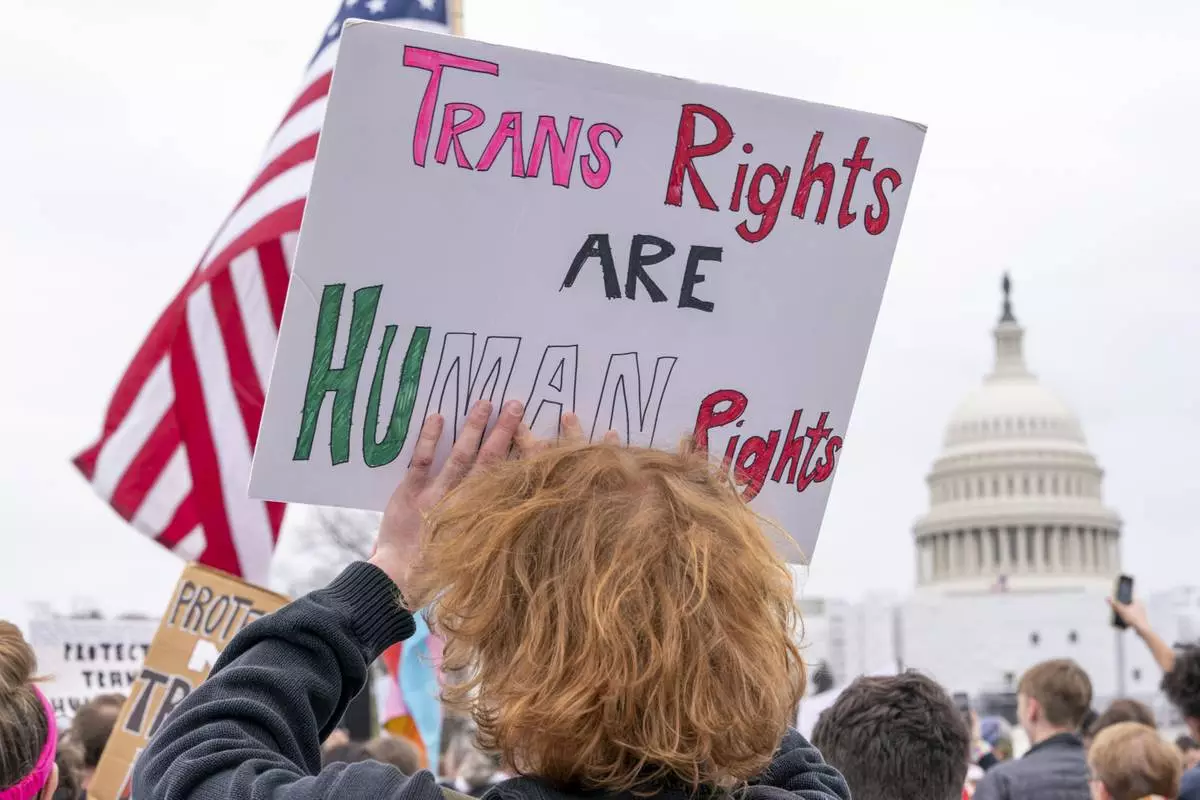
FILE - People attend a rally as part of a Transgender Day of Visibility, Friday, March 31, 2023, by the Capitol in Washington. (AP Photo/Jacquelyn Martin, File)
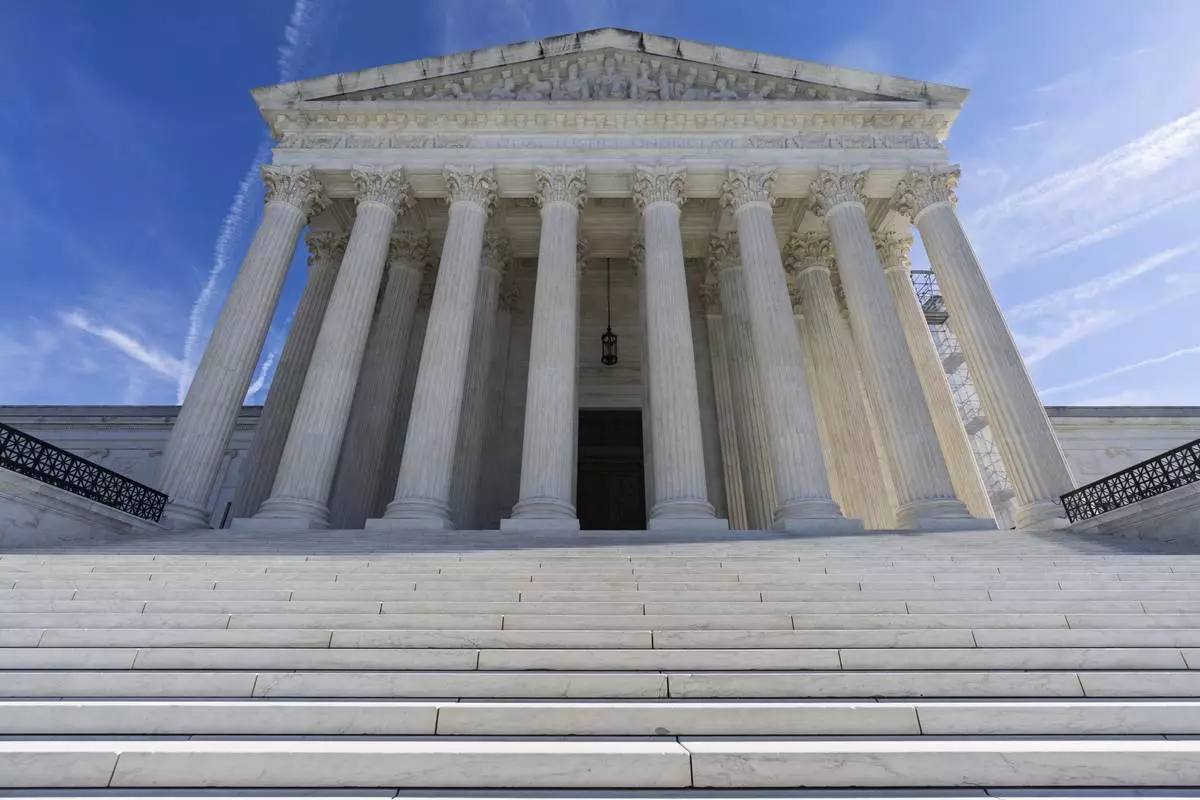
FILE - The Supreme Court is seen in Washington, Nov. 2, 2024. (AP Photo/J. Scott Applewhite, File)










